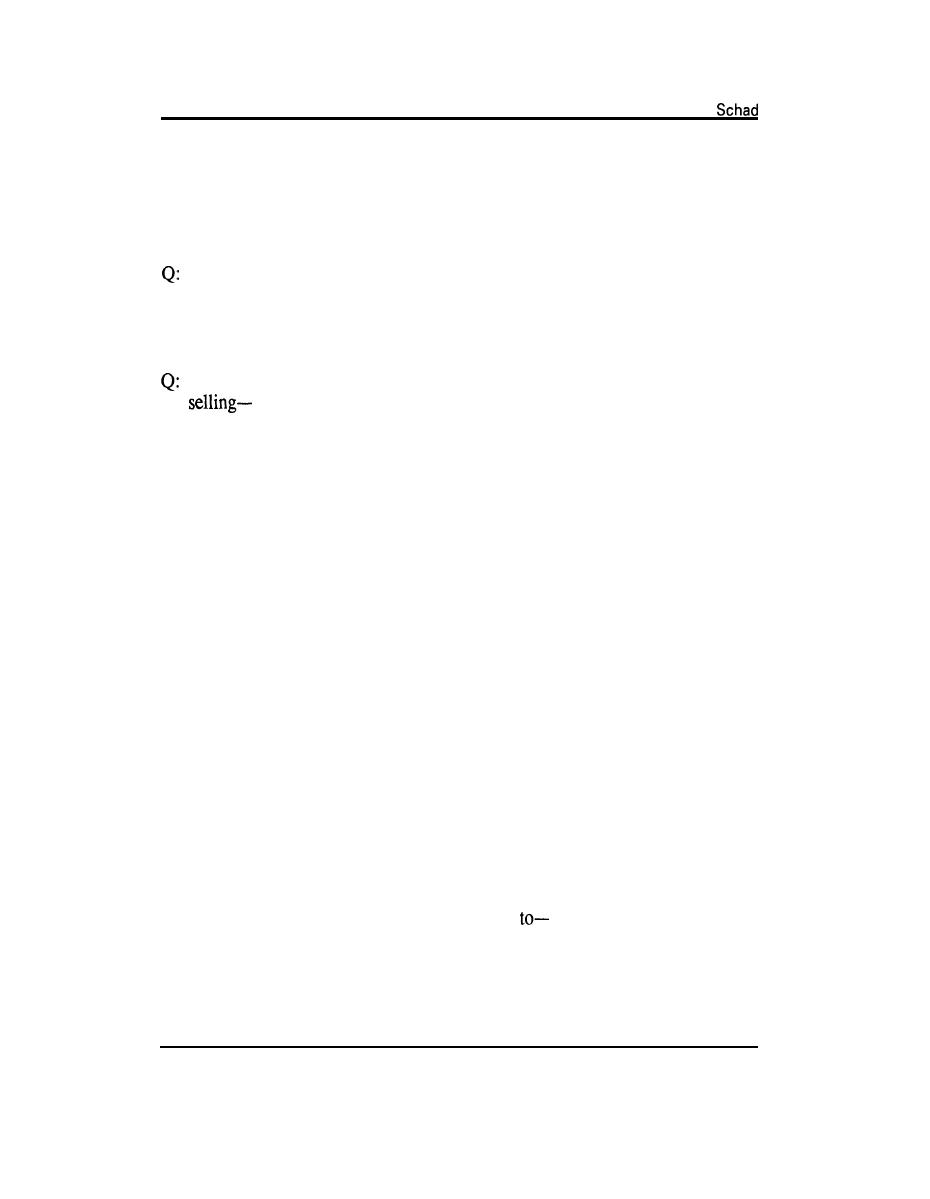
Theodore M.
effort to get the federal government out of the power business. The thing that
really killed the Hells Canyon project was Jebbie Davidson's insistence that you
use it to extend the Bonneville power rate into Idaho, where there would have
been great benefits with the development of the phosphates industry.
I know what you're talking about.
A: Using low-cost power to develop a chemical fertilizer industry up there,
Simplot-
I know Simplot, yeah. It made its fortune during World War II, as I recall,
A: That's right.
Q: Yeah.
A: And Simplot was all for it, because he'd get cheaper power. Idaho Power
Company was actually signed up on Hells Canyon when the Bureau wrote its
first report, which was going to divide the power market-4.4 mill rate in the
upper Snake basin-and 2 mills for the power sold down in the lower Columbia
basin. That was kind of peculiar to price power at different rates that way, but
it made sense politically.
But when Idaho Power Company saw this change, which was worked out late
one night in Jebbie Davidson's office in the Department of the Interior, well,
that's when the Idaho Power Company dropped off the support list for Hells
Canyon. Of course, that, plus the decision made in the Eisenhower
administration to withdraw the federal project, doomed Hells Canyon as a
federal project.
Q: Were there any overtones in this whole thing about private versus public power
and the intrusion of the federal government into state and private affairs, any
of that sort of thing? In other words, this is taking place against a background
where we have got the McCarthy hearings and all this sort of stuff. Was
it-any of that, those polemics, ever applied
A: Well, on Hells Canyon that was the position that Idaho Power Company was
taking. Of course, the Idaho Power Company dominated Idaho politics for a
81



 Previous Page
Previous Page
